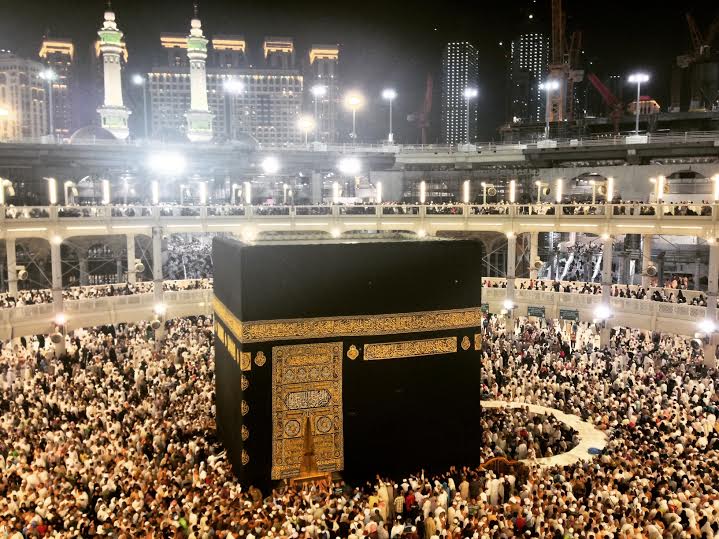More than previous Ramadans, this year the holy month felt like a journey with my Rabb, my inmost self, deeper into the arms of Mercy. Under the gentle guidance of the Sustainer who is closer to me than the beating of my heart, I traveled through time to wounded parts of myself and allowed this body to experience the tragedy of unexpressed pain and emotion.
Grief that had been tucked away, sometimes for decades, came into conscious awareness and flowed in rivers of tears through my eyes and in piercing moans resonating through my vocal cords. I allowed untended parts of me to feel the softness and tenderness of touch, of being held, nurtured, fed and, most of all, loved just as they are. Together with the compassionate attention of my Rabb, I witnessed feelings of pain, neglect and abuse and gave them permission to be expressed and seen.
I feel drawn to share one of these experiences to illustrate how I came during the month of Ramadan to more deeply understand the Quranic words in Surah Al-Araf (The Faculty of Discernment) about the Mercy of Allah overspreading everything (Quran 7.156), wrath included.
During one of the final nights in Ramadan, my Rabb took me on a journey to a memory of when I was no more than three or four. It was the middle of the night and this little me was standing in front of the window in the living room, sobbing uncontrollably. Her pyjamas were wet, as was the floor beneath her. She had peed on herself because she was too scared to go into the bathroom alone. She was convinced there was a monster lurking outside the bathroom window. Her parents had tried to reassure her it was just a tree. By day, even to her it appeared as a tree. But inevitably it was a monster again by nightfall. On the night etched in my memory, she awoke to find no one at home to take her to the bathroom. Mom and dad had rushed her sick older sister to the hospital. She was alone with the monster, and terrified.
For years, I’d seen this little girl in my mind’s eye with an expression of horror on her face as though she was separate from me. On this Ramadan night, though, the magnitude of her agony passed through this body. I felt her unmet needs viscerally. And as the feelings unfolded, the realization sunk in of how a series of traumas like this one in my childhood had influenced the perception that I wasn’t worthy of being nurtured and cared for. This core belief manifested in my life in many destructive ways.
Then, in the midst of the tears and grief that gripped my body from all these simultaneous realizations, an image appeared in my mind’s eye. Little Daliah was still there on the living room floor, only now a light emanated from her breast and filled the entire room. I understood this to be the light of the Prophet Muhammad, peace and blessings be upon him. This light lifted her off the floor and into the arms of Love. She felt fed, loved, nurtured and seen by this Love. The memory dissolved into Unending Beauty; another crevice of my psyche cleared out and transported from darkness into Light. As the room that carried such torment became radiant and empty, a deeper understanding settled into my being of why the Quran refers to Muhammad as a Mercy for all the worlds (Quran 21.107).
Continue reading “Following Unexpressed Pain Into the Arms of Mercy”











